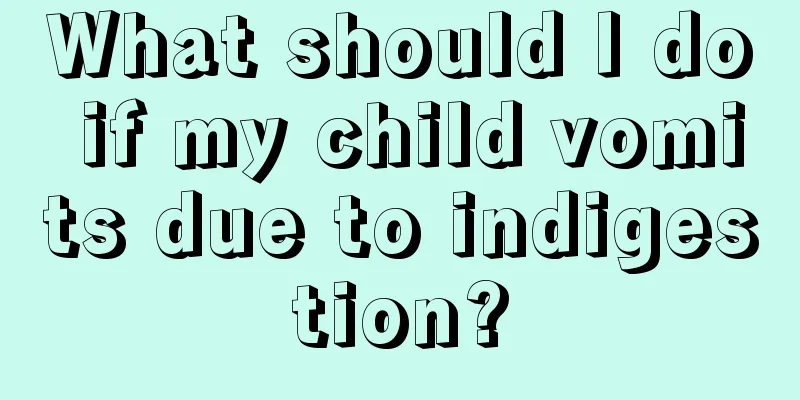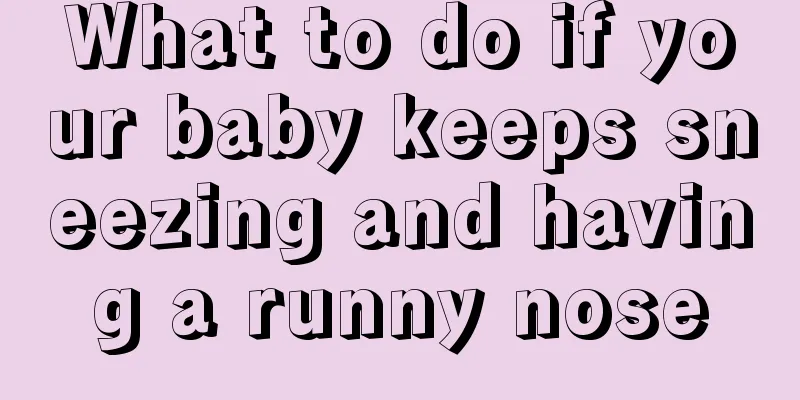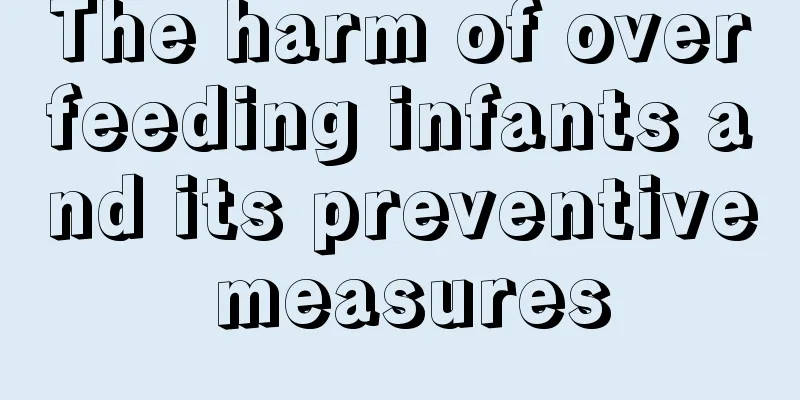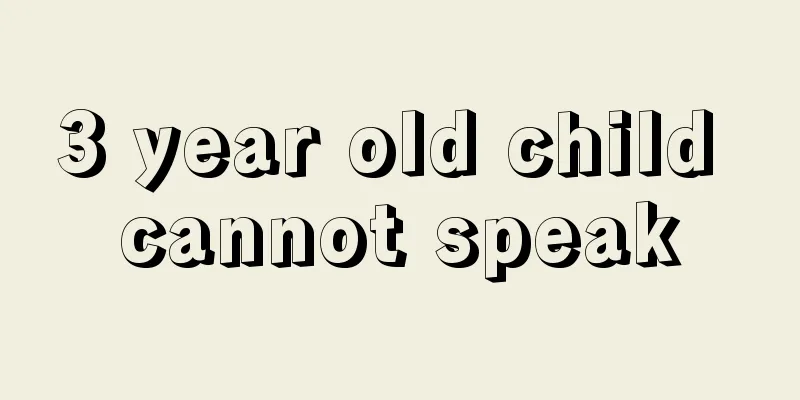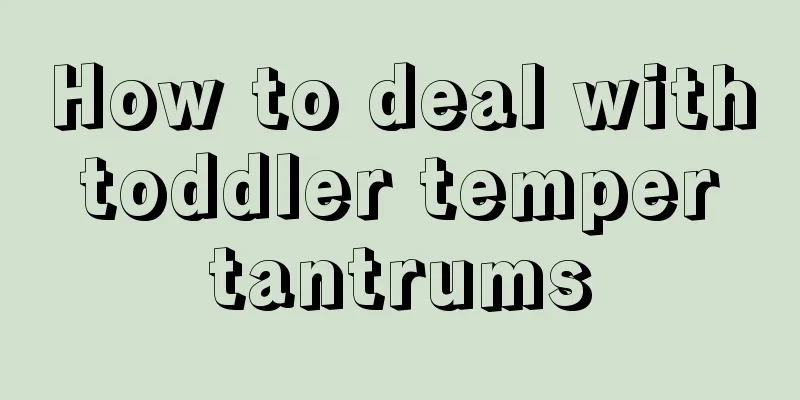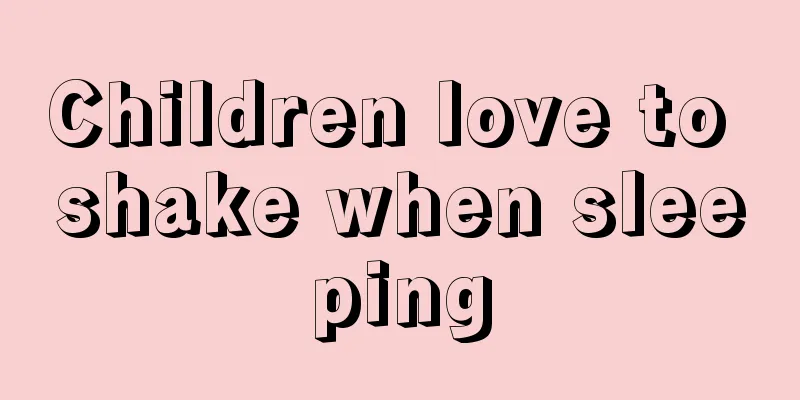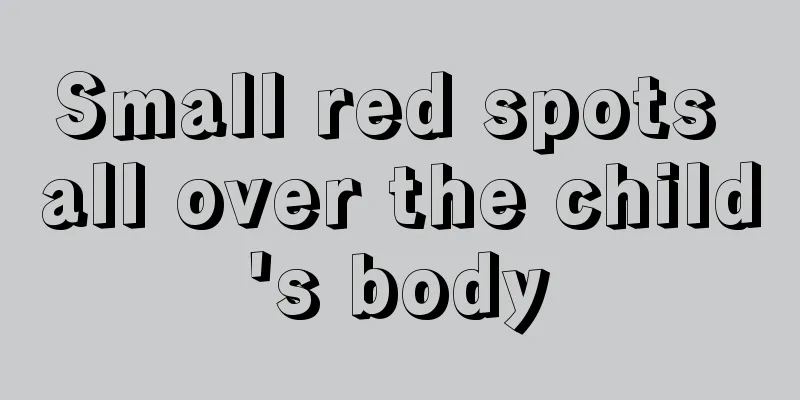What to do if your child has a fever
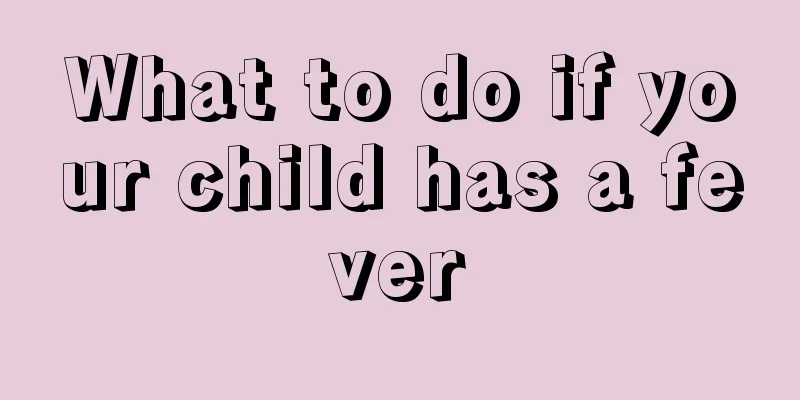
|
What parents fear most is not their children being naughty, crying, or making unreasonable demands. What they fear most is their children getting sick. Because children's bodies and minds are not yet fully developed and their organs are in the stage of growth and development, their bodies' resistance to disease is very poor. However, some diseases can damage children's physical functions and prevent them from growing normally, common ones being colds and fevers. Not only children, but adults are also very likely to catch a cold and have a fever. Children's colds and fevers are generally caused by viral infection. So, what should you do if your child has a fever? Let's introduce it in detail below. Fever is a regulated increase in body temperature (more than 0.5°C) caused by the action of pyrogens, which shifts the body temperature set point upward. Each person's normal body temperature is slightly different and is affected by many factors (time, season, environment, menstruation, etc.). Therefore, to determine whether you have a fever, it is best to compare your body temperature with your usual body temperature under the same conditions. If you do not know your original body temperature, an axillary temperature (tested for 10 minutes) exceeding 37.4℃ can be considered a fever. When their children have a fever, parents often become extremely anxious and don't know what to do. If they send their children to the hospital too early, they are afraid of cross infection. So what I have to do is first determine whether the child has a normal body temperature, a low fever, or a high fever. Different situations require different treatments. After seeing a doctor and determining the cause of the disease, it is recommended to use physical cooling methods as much as possible to help the child lower his body temperature. This is also the advice of many pediatricians now because this cooling method is the safest. The general physical cooling method is: use warm water at about 37°C to give the child a sponge bath, mainly focusing on the armpits, thighs, and knees. Use a little force until the child's skin turns slightly red. Never use too much force to rub the child, because the child's skin is very delicate, so avoid scratching the child. The time for sponge bath should be controlled at about half an hour. It is not recommended to use alcohol to wipe children's bodies, as it will cause excessive irritation to children's skin. If alcohol is used for a long time, it may cause alcohol poisoning. So when should you take antipyretics? When the child goes to bed at night or needs a long period of rest, if the temperature is still above 38.5℃, you can give him antipyretics, because the child needs adequate sleep at this time, and constant bathing will affect the child's rest. Therefore, antipyretics are only used to help children reduce their temperature when necessary and should not be used lightly. Moreover, do not take any antipyretic medicine more than 4 times a day, otherwise it will harm the child's body. Children are the flowers of the motherland, the future of the motherland, and our hope. Learning and being a good person should start from childhood, and of course health should also start from childhood. Taking care of children is very hard work and requires a lot of patience. When taking care of children, if we find that the child has signs of fever, we should immediately send the child to the hospital for examination and treatment without any delay, because a fever lasting too long will damage the child's organs and affect the child's growth and development. |
<<: What to do if your child has a fever of 39 degrees
>>: High-salt foods damage brain cells. Children should eat less of these seven types of food.
Recommend
What should I do if my child has a bad temper?
Everyone knows that impatience is a very bad char...
The right time for breastfeeding babies to drink water
Nowadays, many mothers choose to breastfeed, but ...
Is it okay to hold a newborn baby as soon as it cries?
The most common way for newborns to exercise righ...
What to do if your newborn eats too much?
The body of a newborn is very fragile, so we must...
How much milk powder does a one-year-old baby drink every day?
After the baby is born, he or she gradually needs...
What is the reason why babies have pus and mucus in their stool?
As a parent, you must pay attention to some condi...
I didn't expect so many changes after my baby went to kindergarten.
After children go to kindergarten, they will ente...
What are the benefits of children learning to swim?
Many people like swimming and understand the bene...
What is the cause of dark circles under the eyes of children?
Dark circles usually appear on the faces of adult...
What are the symptoms of bacterial diarrhea in babies?
Diarrhea is a very painful thing for us, not to m...
What should I do if my child likes to get angry?
Everyone has some temper, even children are no ex...
How to check stomach pain in children?
Many children often complain of stomachache when ...
What to do if your 5-month-old child has a stuffy nose
The body resistance of a five-month-old baby is v...
How often should you change your baby's diapers?
The invention of diapers has provided great conve...
What to do if your baby has a bad taste in his mouth
Sometimes, if you smell carefully, you will find ...

